On Jan. 16, the United States Supreme Court agreed to decide on whether same-sex marriage would be legalized nationwide.
The decision is to take place in the coming spring, when the court will hear two and a half hours of argument. The first 90 minutes will be a discussion on whether the Constitution allows states “to license a marriage between two people of the same sex” and the following hour will focus on whether states must “recognize a marriage between two people of the same sex when their marriage was lawfully licensed and performed out of state,” according to The New York Times.
In October 2014, the court declined to hear appeals from five different states regarding bans on gay marriage, which resulted in same-sex marriage being legalized in those states. As a result, the number of states allowing same-sex marriage rose from 19 to 24. Since then, the number has risen to 36 states, including Illinois.
According to The New York Times, this trend of fast-paced change is unparalleled in American history, and now “more than 70 percent of Americans live in places where gay couples can marry.” Many gay rights activists have expressed their beliefs that the court would vote in favor of legalizing same-sex marriage.
“The fact that SCOTUS (Supreme Court of the United States) feels the issue is important enough for a national ruling is a victory in and of itself,” Ms. Dyan Naslund, the club adviser for GSA, said. “If this passes, it will pave the way for gay couples to have the civil rights they have so long been fighting for and deserve. Gay couples shouldn’t have to relocate to other states just to have their relationship made legal, and I hope SCOTUS rules in their favor.”
President Barack Obama is among those who have expressed support for the Supreme Court preventing states from banning gay marriage. In May 2012, when the president first announced his belief that same-sex couples should be allowed to wed, he became the first U.S. president to fully embrace and fight for civil rights in the LGBT community.
“My hope is that they go ahead and recognize what I think the majority of people in America now recognize. Which is, two people who love each other and are treating each other with respect and aren’t bothering anybody else – why would the law treat them any differently?” President Obama said in a YouTube interview with online star GloZell Green this January. “There is no good reason for it, and I’m hopeful that the Supreme Court comes to the right decision.”
This development in the civil rights movement sparked some questions about how it would play a role in politics with the upcoming presidential election, specifically among the Republican candidates. Many of the candidates have previously spoken out against legalizing gay marriage, though as the gay rights movement progresses, they are said to become less outspoken on the topic.
According to CNN, consultants say that the topic is a tough issue for Republicans to talk about because “no matter what position they take, they’re going to get in trouble with one side of the party or another.”
Jeb Bush, a former Florida governor who was strongly against same-sex marriage in a 1994 campaign, struck a “conciliatory tone,” according to CNN, when he spoke of Florida becoming the 36th state to legalize same-sex marriage.
“We live in a democracy, and regardless of our disagreements, we have to respect the rule of law,” Bush said.
Vin Weber, a former congressman from Minnesota and an adviser to Mitt Romney’s 2012 campaign, expressed that he felt most Republican candidates agreed with Bush’s statement and said it reflected the position of both candidates and elected officials.



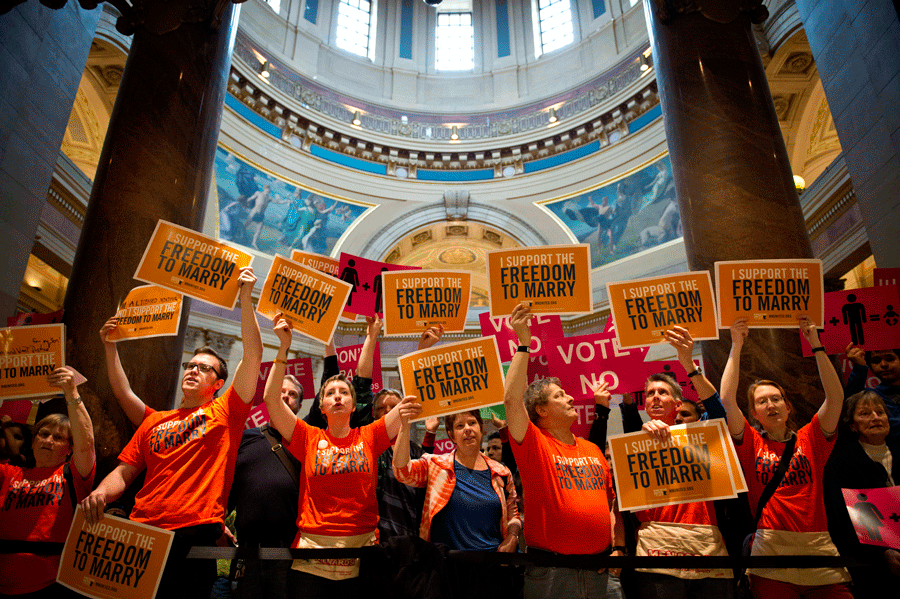
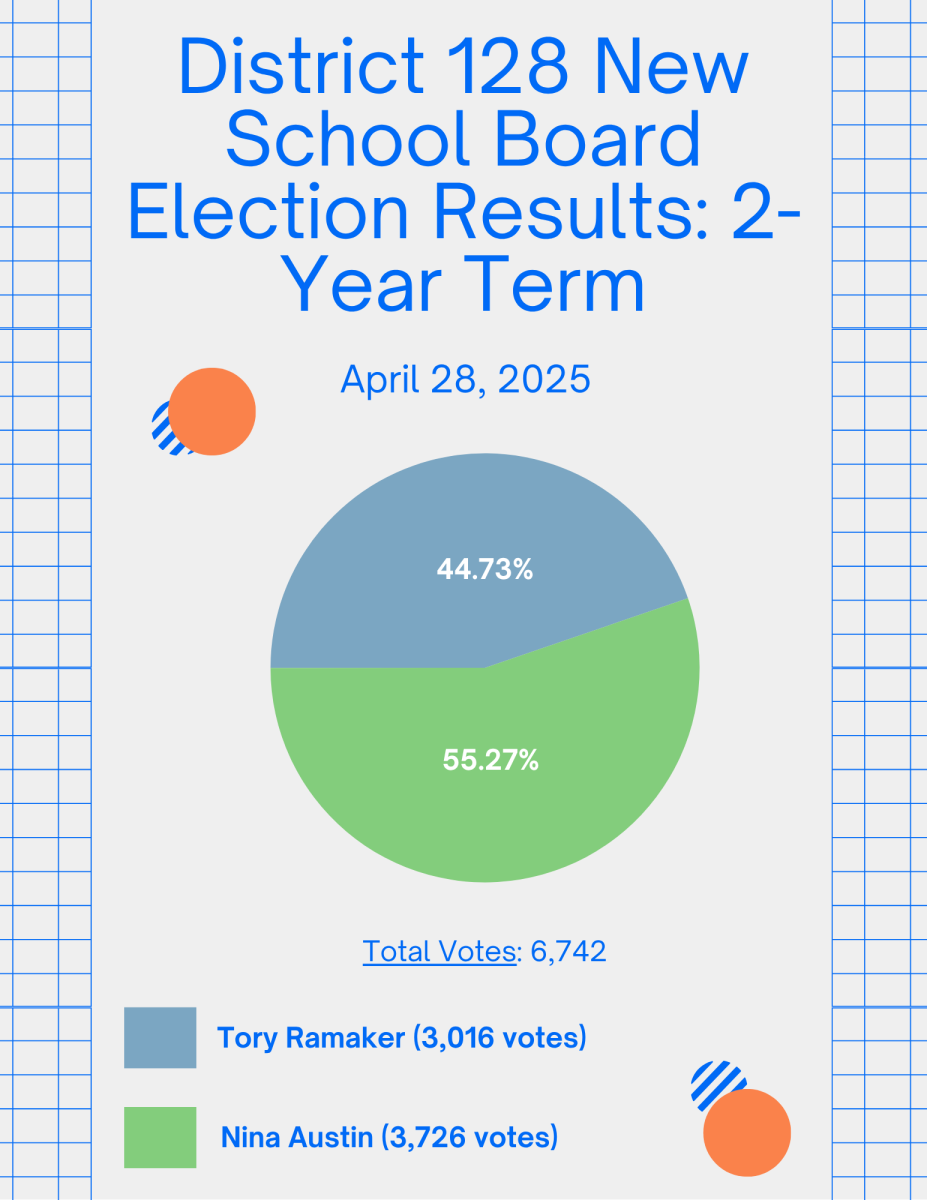
![Mr. Abullh Ali, manager/assistant, helps open Queen Yemeni Coffee in downtown Libertyville at 606 North Milwaukee Ave. With the help of employees such as manager and LHS senior Yousef Taha, they are able to bring the Yemeni and Ethiopian culture to Libertyville by using their Queen spices, cinnamon and cardamom in their drinks such as Adani Chai, which is inspired by Sheda, the Queen of Yemen and Ethiopia. “The history of our coffee [is] a long history and we believe that Yemen and Ethiopia started the coffee and we are bringing something unique to the community,” Mr. Ali said.](https://www.lhsdoi.com/wp-content/uploads/2025/04/Photo-1-1200x800.jpg)

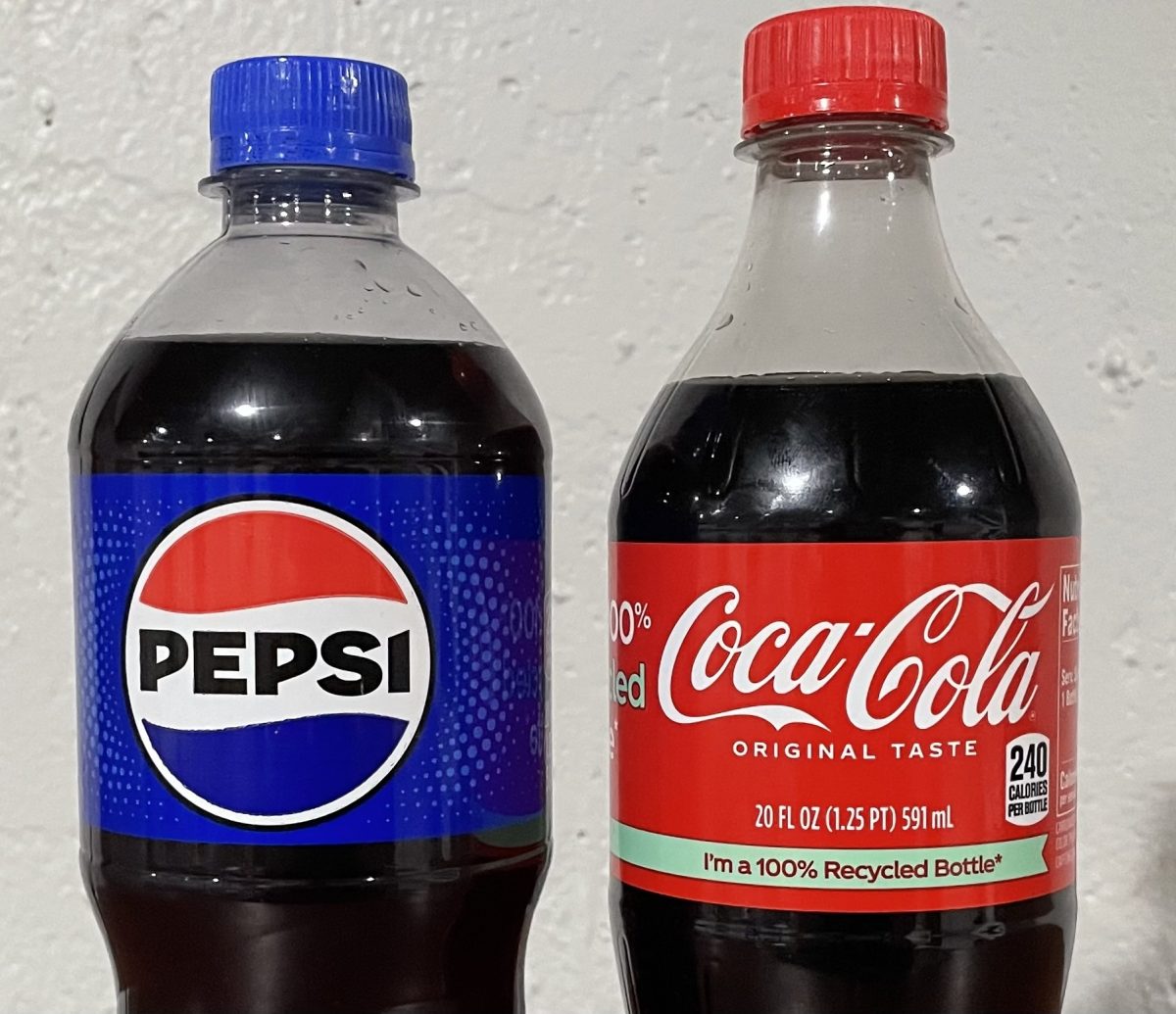
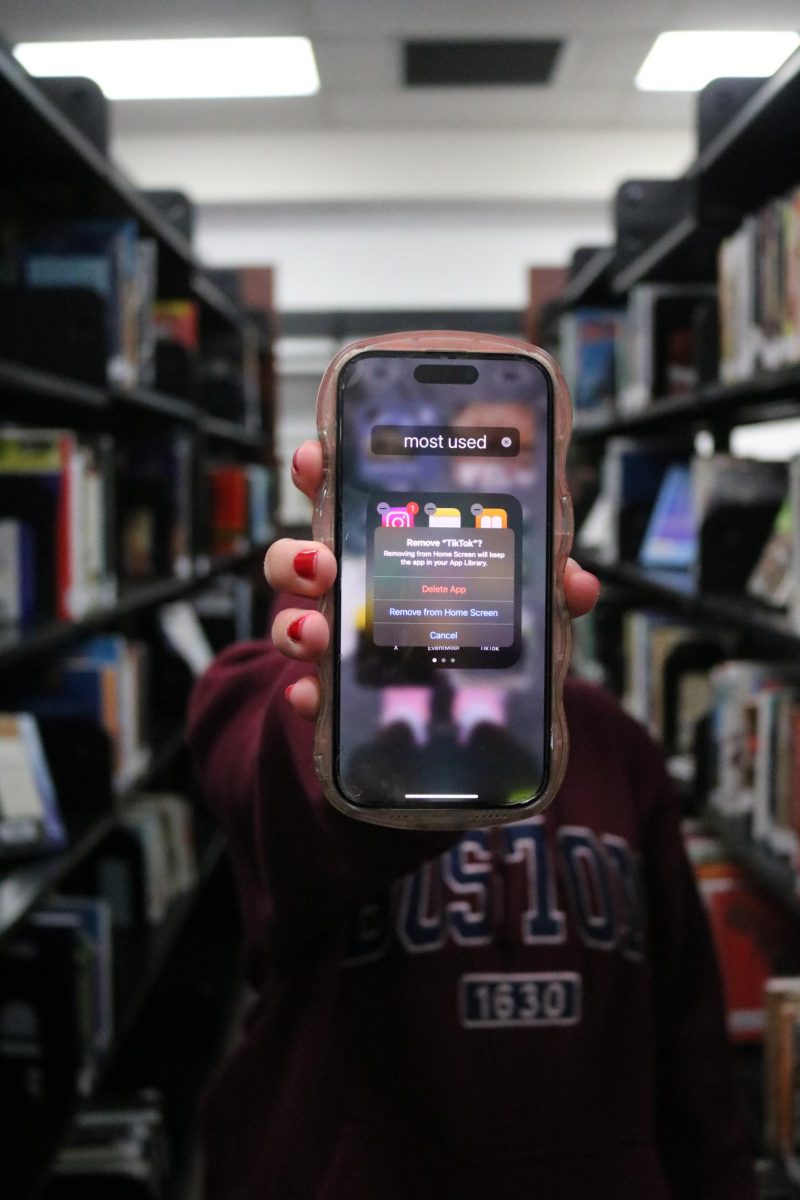



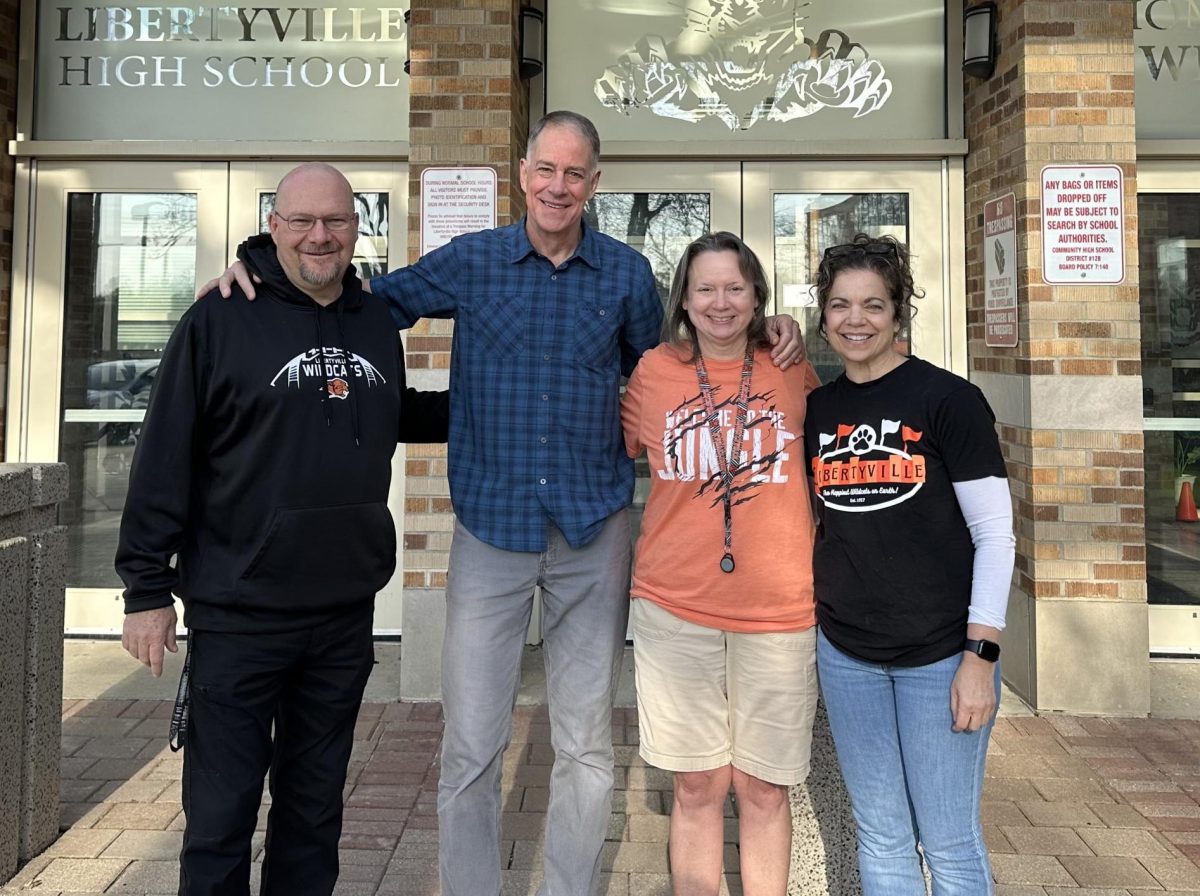

![Senior River Thompson joins the Jazz Ensemble by singing “That Old Black Magic” by Mercer and Arlen Arr. Mark Taylor, along with senior Annie Brody on guitar and junior Thomas Teixeira on bass, earning big applause. “[The concert had] great energy because it's the last [jazz concert] of the year,” Brody said.](https://www.lhsdoi.com/wp-content/uploads/2025/04/Eight-That-Old-Black-Magic-1200x800.jpg)
